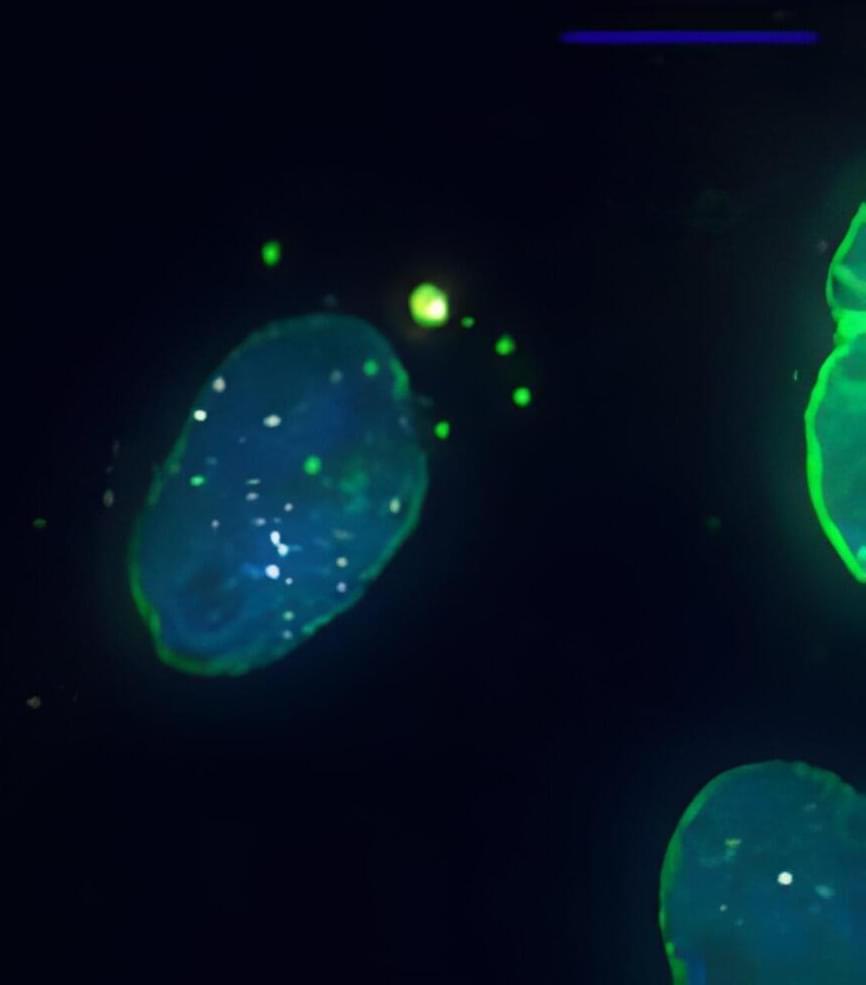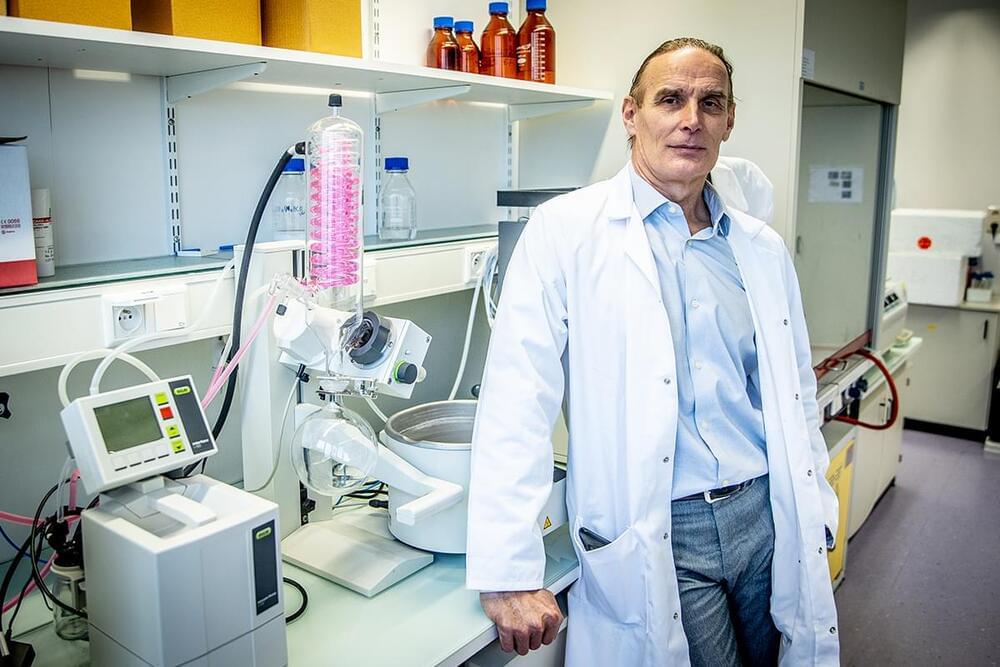Venture Investing To Catalyze The Next Generation Of Founder-Led, Longevity Biotech Companies — Dr. Alex Colville, Ph.D., Co-Founder and General Partner — age1.
Dr. Alex Colville, Ph.D. is Co-Founder and General Partner of age1 (https://age1.com/), a venture capital firm focused on catalyzing the next generation of founder-led, longevity biotech companies, with a strategy of building a community of visionaries advancing new therapeutics, tools, and technologies targeting aging and age-related diseases.
With a recent initial closing of US$35 million, age1 will be focusing on founders and companies at the earliest stages of first-money in, pre-seed and seed funding, and is resourced to continue to support companies through later rounds.
Dr. Colville previously established the biotech arm of Starbloom Capital and served as founding Chief of Staff of Amaranth Foundation, where he led: the foundation’s support of skilled researchers and ambitious moonshot projects in the longevity field, and helped to advance their lobbying efforts; the TIME Initiative (a group with mission to activate undergraduate students’ interest in aging biology); the Marine Biology Laboratory Biology of Aging Summer Course, among other programs.
Dr. Colville completed his Ph.D. in Genetics at Stanford University studying the biology of aging in Dr. Thomas Rando’s lab while consulting for several family offices, the R&D team of Rubedo Life Sciences, and the business development team of Maze Therapeutics. Prior to his Ph.D., while at Northeastern University completing his Bachelor of Science (B.S.) in Chemical Engineering with a Minor in Biochemical Engineering, he advised pharma companies as a management consultant at Putnam Associates, a boutique life sciences consulting firm.




